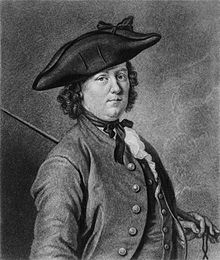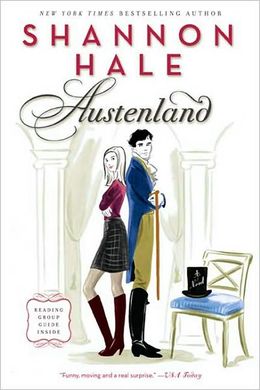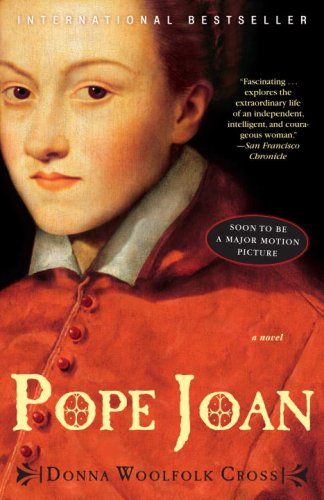Name of Birth: Hannah
Snell
Place of Birth: Worcester,
England
Date of Birth: April
23rd, 1723
Place of Death: Bedlam,
England
Date of Death: February
8th, 1792
Hannah
Snell, AKA James Gray, was one of the most important mariners in England’s
history. Disguised as a man for two years, this woman sailed to India
through great storms and fought in mud-filled trenches at the siege of
Pondicherry. What made her go to the Marine? After
her baby died, her husband deserted her. She began dressing as a man, tracking
down her husband who had been executed for murder.
Born into a large Worcester family in 1723, she
travelled to London to live with her half-sister, Susannah Gray. In 1744, at
the age of twenty-one, Hannah married a Dutch sailor, James Summs, and soon
fell pregnant. However, in mid-1745, Hannah's husband abandoned her while she
was seven months pregnant. After the baby’s premature death, Hannah decided to
pursue her deceitful lover, disguising herself in a suit belonging to her
brother-in-law, James Gray. A victim of her success at masquerade, Hannah
says she was pressed into the English army and forced to march in pursuit of
the fleeing troops of Bonnie Prince Charlie. She then joined the marines and
was sent to India, aboard the ship Swallow
on 23rd October, 1747. It sailed to Lisbon and after India, where
she fought against the French at Pondicherry. She claims to have been severely
injured at Pondicherry, but managed to conceal her sex by treating her wounds
in secret.
When
she revealed herself to a comrade – right after returning to London – he suggested
that she presented a petition to the head of the British Army, the Duke of
Cumberland, requesting financial recognition. After a time debating the
veracity of her story, the Army accepted and granted a lifelong pension. In the
meantime, she became the fuss of London – and in consequence, the whole of
Britain – by appearing in her male clothes and telling her story. Her portrait
appeared on every street corner.
For
over two centuries people have been fascinated by Hannah’s life, and her story
has appeared in a great variety of forms, but her life remains a mystery,
due to her lowly beginnings. In addition to these simple sources, however, is a
document that has proved invaluable in recreating Hannah’s life. In June 1750,
the printer and publisher Robert Walker made an agreement with Hannah to
publish her biography, The Female Soldier; or The Surprising Life and
Adventures of Hannah Snell.2 The
book was a runaway success and Walker published a much longer serialised
edition barely a fortnight later which was to ensure Hannah’s place in history.
However, it is said that her story is filled with inaccuracies, but it is due
to an era when biographies were little concerned with establishing a factually
based "truth".
After
her “grand debut” and ascension to one of the biggest gossips of Britain, she
opened a pub that had the same name as her biography, The Female Warrior (or The Widow
in Masquerade, accounts disagree), but it didn’t last long. She remarried
to Richard Eyles, in 1759, and had two children and lived another forty years. In
1772, she married Richard Habgood of Welford, also in Berkshire, and the
two moved to the Midlands. In 1785, she was living with her son George
Spence Eyles, a clerk, on Church Street, Stoke Newington. However,
after a few years, in 1791, she was admitted to a lunatic asylum, with an unknown
disease, in Bedlam, were she died six months after.
“Why gentlemen, James Gray will cast off his skin like a snake and
become a new creature. In a word, gentlemen, I am as much a woman as my mother
ever was, and my real name is Hannah Snell.” - The Female Soldier, 1750
References:Wikipedia; http://www.hannahsnell.com/






.jpg)

